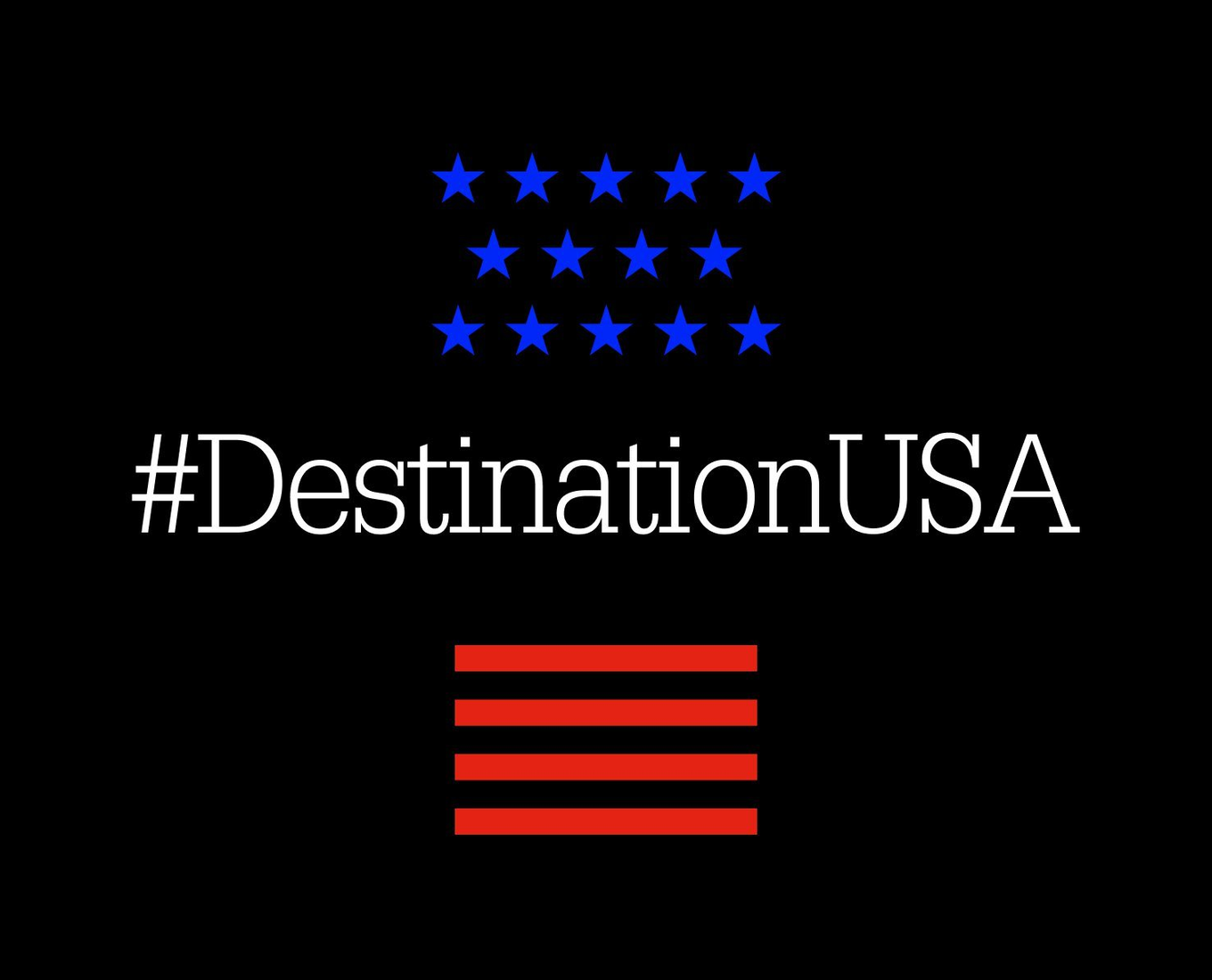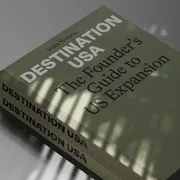
How to make it in the US
How to make it in the US
We have been fortunate to meet and work with many inspirational tech founders.
Each has been unique - from the ideas and vision that drives them, to the way they run their business and the talented teams they build.
And yet, the vast majority have shared a common goal. To conquer the biggest tech market in the world by ‘making it’ in the US.
It can be a daunting task. From its vast scale and cultural differences, to the hyper-competitive business landscape, the US has defeated some of the most successful European tech startups.
For many, having a partner with first-hand experience of navigating the opportunities and challenges is invaluable.
Over the years, Index has been in the fortunate position of helping more than 40 businesses to achieve their transatlantic dreams. In addition, we have learned much from our own personal experience as the only European-born VC firm to have successfully expanded to the US.
We believe the knowledge that we - and our portfolio businesses - have developed in that time can help guide a new generation of intrepid tech pioneers.
Which is why we are today launching our latest handbook, ‘Expanding to the US’. Featuring tailored strategies for US expansion, the handbook is based on our extensive analysis of the approach taken by 275 European startups over the last decade, including an in-depth survey of more than 100 firms.
What we have learned through our research - and, indeed, our own personal experience - is that, in contrast perhaps to the US adventurers of the past, there is no ‘one size fits all’ approach.
Fifteen years ago, Europe’s tech ecosystem was still in its infancy, driving many European entrepreneurs across the Atlantic in search of talent, funding and the right environment for rapid growth.
Fast forward to today and the picture is very different. Europe has many success stories, including two tech leaders, Adyen and Spotify, which have both hit $50bn valuations this summer, whilst maintaining largely European organisations.
Meanwhile, building an engineering team in the Bay Area has become more challenging and expensive than ever - while the European talent pool has expanded exponentially.
All this means that, today, founders have many more options available to them in terms of how long, and in what capacity, to remain in Europe before, during and after their US expansion.
In just one example of this, our research found that less than 1 in 5 European startups who have expanded to the US in recent years relocated any part of their engineering base there - a stark contrast to the ‘norm’ of a decade ago.
None of this diminishes the importance of the American market. By virtue of its size and wealth, it remains the largest consumer base for most new technology and is often seen as a test bed for innovation, followed by others around the world. This makes it a critical stage in the journey for almost every tech business on the path to global growth.
But, it does mean that founders should identify and adopt a tailored expansion strategy. To help guide the way, we have identified four distinct expansion archetypes; the Compass, the Anchor, the Telescope and the Pendulum.
Understanding these archetypes can help founders to consider the approach that may best suit their business, from whether they need to relocate or build an extensive team ‘on the ground’, to the timings for expansion and future market potential.
In addition to our handbook, we have created ExpansionPlan, a web-app to help these same founders identify which expansion archetype and strategy might best work for them.
In the current climate it’s unclear how long economic recovery will take, and while most of the research underlying this guide was conducted before the pandemic, we are certain that innovative technologies, and the creativity and resilience of start-ups in particular, will be critical to the path forward.
As such our conclusions and strategic advice remain broadly unchanged. We believe that the underlying thesis we have set out will remain intact: The US will remain a critical market for European tech startups, and the overall playbook for winning in the US will persist.


